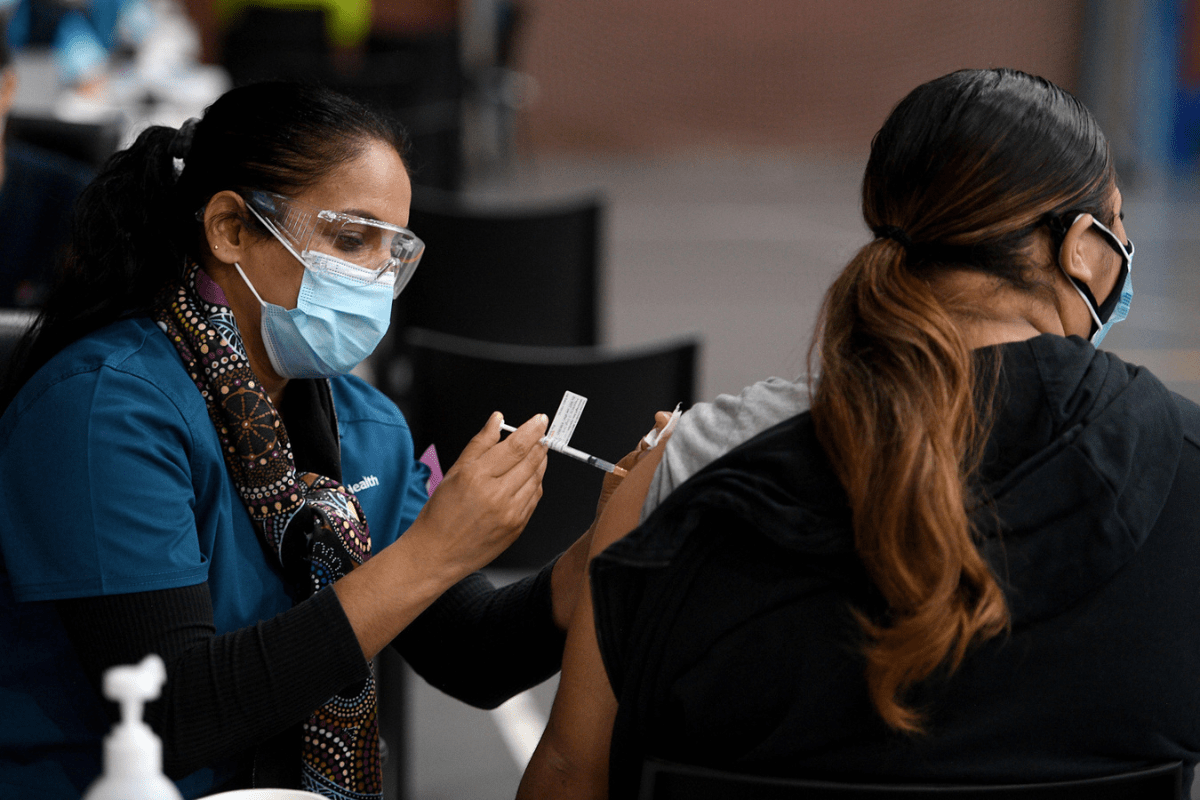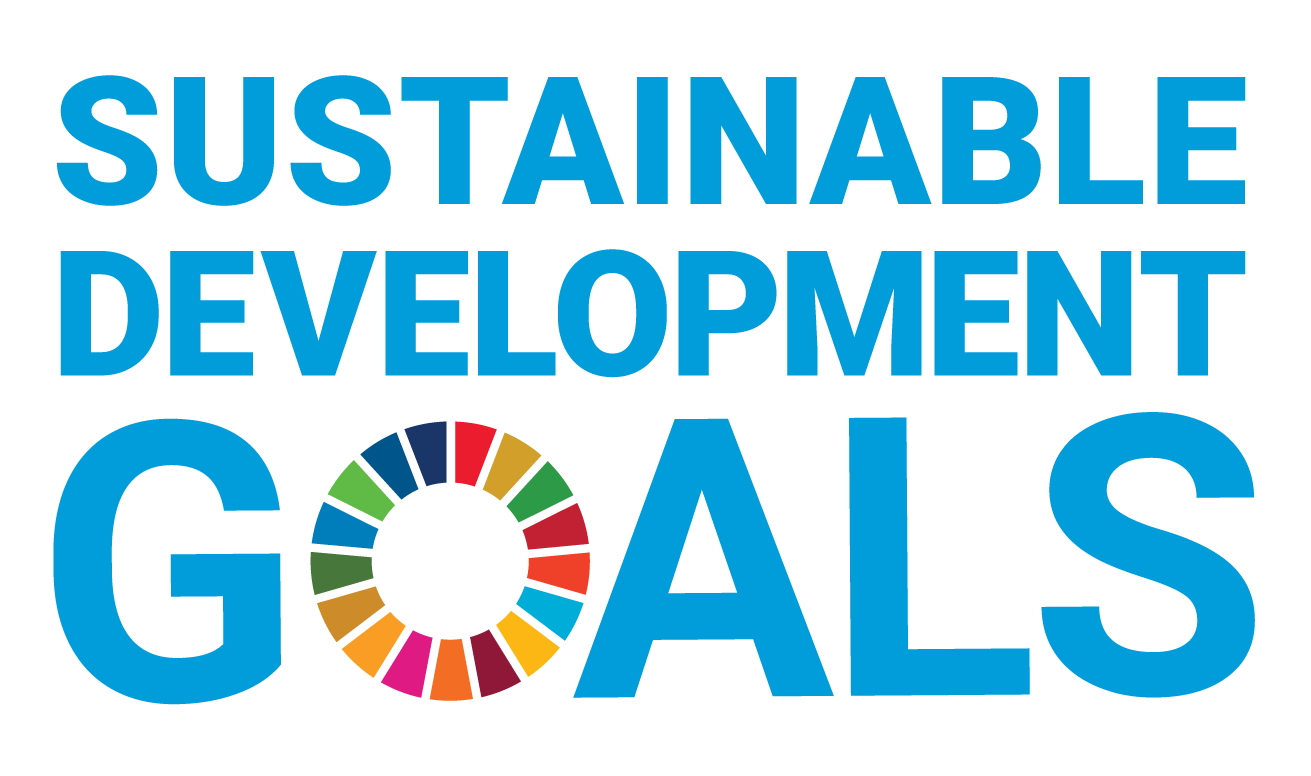You can search for courses, events, people, and anything else.
Growing people and establishing a good research team is what Professor Aunty Kerrie Doyle regards as her biggest achievement, but she is also widely known and respected as an advocate for Aboriginal healthcare.
Doyle is the Associate Dean, Indigenous Health, in the School of Medicine at Western Sydney University and she also co-chairs the Aboriginal Health and Wellbeing Academic group of Maridulu Budyari Gumal (the Sydney Partnership for Health, Education, Research and Enterprise).
After training as a nurse in the 1970s, she worked as a community nurse in Aboriginal communities around Australia and was a founding member of the Congress of Aboriginal and Torres Strait Islander Nurses and Midwives (CATSINaM). In the 1990s, when nursing had become a university degree, she returned to study and after completing a number of degrees, in 2017 she finished her PhD on the topic of 'Community and social inclusion in Indigenous communities' at the Australian National University in Canberra.
In 2019 the Dean of the School of Medicine, Professor Annemarie Hennessy, recruited Doyle to Western. "I’d been following her work for some time and thought she would be a great person to work with, so I accepted the job," says Doyle.
She came with a five-year plan to build a research team that could lead to improved healthcare for Indigenous communities across New South Wales. Although the plan was disrupted by COVID-19, over the past four years she has built a multidisciplinary team that works across a diverse portfolio of projects.
Her research team provides an Indigenous perspective on a range of social science and health-related projects led by other departments and universities, as well as leading its own projects, in response to community needs.
The research revolves around Indigenous mental health, covering issues such as social and emotional wellbeing; gambling and cultural connection; and diabetes and eating disorders.
Doyle says the team needs to be very diverse to cover such a wide range of issues and community needs.
As well as her work on local Australian Indigenous issues, she is part of an international project on the global burden of disease with the University of Washington in Seattle in the United States. "That’s a huge project and I’m only a small cog with a very small voice, but since last year they have started to include Indigenous Australians, which is really important," she says. "We are such a small cohort globally, and we miss out on a lot of health information."
Need to know
- Western’s Aunty Kerry Doyle aims to improve healthcare for Indigenous communities across NSW.
- Her team focuses on Indigenous mental health, gambling and cultural connection, and diabetes and eating disorders.
"We are such a small cohort globally, we miss out on a lot of health information."
In collaboration with her Western Sydney University colleague, Dr Paul Saunders, she has also studied the incidence of gambling in Indigenous communities during the isolation of COVID-19. The pair have developed a public health awareness strategy to educate doctors on how to talk to Indigenous people about gambling.
"People look at gambling and think it’s an addiction, a medical issue — but it’s also an issue of poverty and helplessness," she says.
"We found that people with a gambling problem will usually talk to a family member first, then to their GP, so we put a lot of resources into educating GPs using the concept of the 'gambling bug'. We would tell people, 'Go and tell your doctor you’ve been bitten by the gambling bug'. It was a way to have people be able to talk about their problem without feeling shame."
As well as these major projects, Doyle and her team have a number of smaller grants. For example, one of her researchers visits a local ‘men’s shed’, where they teach men how to use computers.
"We show them how to send emails, how to write a CV, even how to get on to social media, because some of them are disconnected from their families," she says.
With another small grant, she is holding a workshop to teach traditional knowledge, such as weaving and games.
As experienced by some other fair-skinned Indigenous people, Doyle has sometimes been a target for criticism. She finds another challenge, also faced by many Indigenous people working in their own communities, is being on call 24 hours a day.
"You have to deal with issues that are part of your community, and you are trying to make a difference in your community. That can be hard when you know there is such a big need," she says. She is surprised when people ask her how often she visits Aboriginal communities, and she responds, "Every day, when I go home."
Doyle would like to give non-Indigenous people the skills to work effectively in Indigenous communities — not just in Australia but around the world.
"Educating and training clinicians about working in different communities will ensure everyone feels confident in multicultural care settings," she says.
And for the future she’d like to expand her team and apply for more grants in the hope of winning additional funding and support more research by higher-degree students.
"That’s always my biggest feeling of accomplishment — when your student graduates with their PhD, there’s nothing better."
Credit
Future-Makers is published for Western Sydney University by Nature Research Custom Media, part of Springer Nature.
© LaylaBird/E+/Getty
© Australian Associated Press/Alamy Stock Photo





